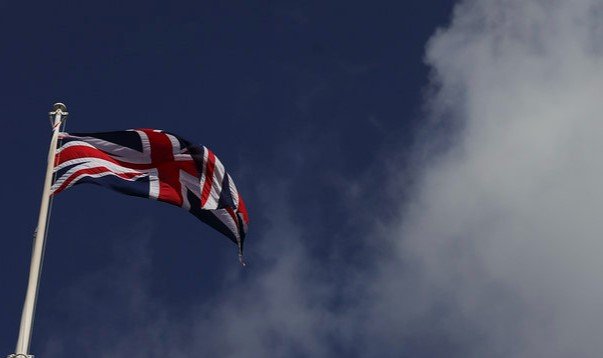UK Unveils Major Plan to Decarbonize Fleet by 2050
Future fuels and harbor charge points have found themselves at the heart of the UK’s new major plan to decarbonize its fleet by 2050 while simultaneously supporting coastal economies.
In a March 25, 2025 statement, British Maritime Minister Mike Kane unveiled the government’s new ambition pertaining to all vessels that operate in UK waters and dock at the country’s ports in which support would be provided to ensure the ships would be carbon-free and that vessel owners, operators as well as scientists could turn emission-free voyages into reality.
At the center of this plan are alternative fuels as well as the necessary infrastructure to provide charging or refueling facilities for vessels as part of the nation’s transition to sustainable energy sources.
The new strategy is part of the Plan for Change vision that seeks to position the UK as a “green energy superpower”, Minister Kane has noted. To this end, the maritime decarbonization plan envisions goals to slash greenhouse gas (GHG) emissions by 30% by 2030, 80% by 2040, and zero by 2050.
According to government officials, this has the potential to allow the UK to match “the highest level” of the environmental guidelines as set by the International Maritime Organization (IMO) in its 2023 GHG emission reduction strategy.
“Climate change is one of the greatest challenges we face today. Working together with industry and international partners, we are driving down emissions in every corner of the economy,” Minister Kane underscored.
Per the British government, the new vision entails the long-anticipated inclusion of the shipping sector under the nation’s Emissions Trading Scheme (UK ETS). As disclosed, this could see operators of larger vessels like tankers and cruise ships – which are believed to cause the most pollution – pay more for their emissions.
Simultaneously, investing in eco-friendly fuels and technological solutions is projected to stimulate what is described as a ‘green economic revival’ on a local level.
On top of this, there will reportedly be two calls for evidence to guide the development of measures that focus on cutting emissions at berth, assessing future energy demand at ports, and decarbonizing smaller vessels.
As informed, today (March 25), Minister Kane will launch this new strategy in Portsmouth with Switzerland-based technology company ABB with the aim of demonstrating the potential of the proposed green shipping solutions and, in doing so, attracting private investments that could push these efforts further.
The British government has spotlighted that these types of investments have already sparked growth in coastal regions, with the £206 million of UK SHORE funding having supported over 300 organizations across the UK so far.
Sharing his thoughts on the occasion, Richard Ballantyne OBE, Chief Executive of the British Ports Association, maintained that the UK SHORE program was a “great example” of what synergy between governments and the private sector can accomplish.
“We welcome today’s announcement. UK ports are already demonstrating their commitment to net zero with ambitious targets and investment in new technologies and fuels,” he remarked.
“We will continue to work closely with the Department for Transport on lowering barriers to investment and decarbonization for both ports and vessels and this strategy will help set a clear direction and expectations well into the future.”
Chris Shirling-Rooke, Chief Executive of Maritime UK, underlined that decarbonization was a ‘gargantuan’ challenge but also a huge opportunity: “It is vital that our country continues to drive change and chase growth by creating a cleaner and more sustainable future. We welcome the government’s commitment today and look forward to continuing to work with them on the maritime decarbonization strategy.”
UK Major Ports Group’s CEO Geraint Evans agreed that the successful delivery of the government’s mission relied on ‘robust’ public-private sector partnerships, believing them to be the key that opens the door toward low-carbon shipping and transforming the UK into a ‘maritime leader.’
“Major ports are at the heart of the UK’s transition to net zero, acting as hubs of innovation and supporting the development of future fuels, clean maritime infrastructure, and greener supply chains. Today’s strategy provides much-needed policy certainty for industry, unlocking investment in the technologies and infrastructure that will drive down emissions,” Evans underscored.
This news comes ahead of the upcoming Marine Environment Protection Committee (MEPC 83) session, where the UK mission is anticipated to push for global GHG reductions across the shipping industry, with an emphasis on achieving carbon-free operations by 2050.
It also follows the recent unveiling of the next round of the Clean Maritime Demonstration Competition (CMDC6), crafted to support clean maritime technologies including electric, hydrogen, ammonia, methanol, wind power and more.
Specifically, at the end of January this year, the British government declared that it would pour £30 million ($37 million) worth of decarbonization funding into coastal communities and businesses across the nation to drive economic growth and create jobs, thus delivering on the Plan for Change initiative.

